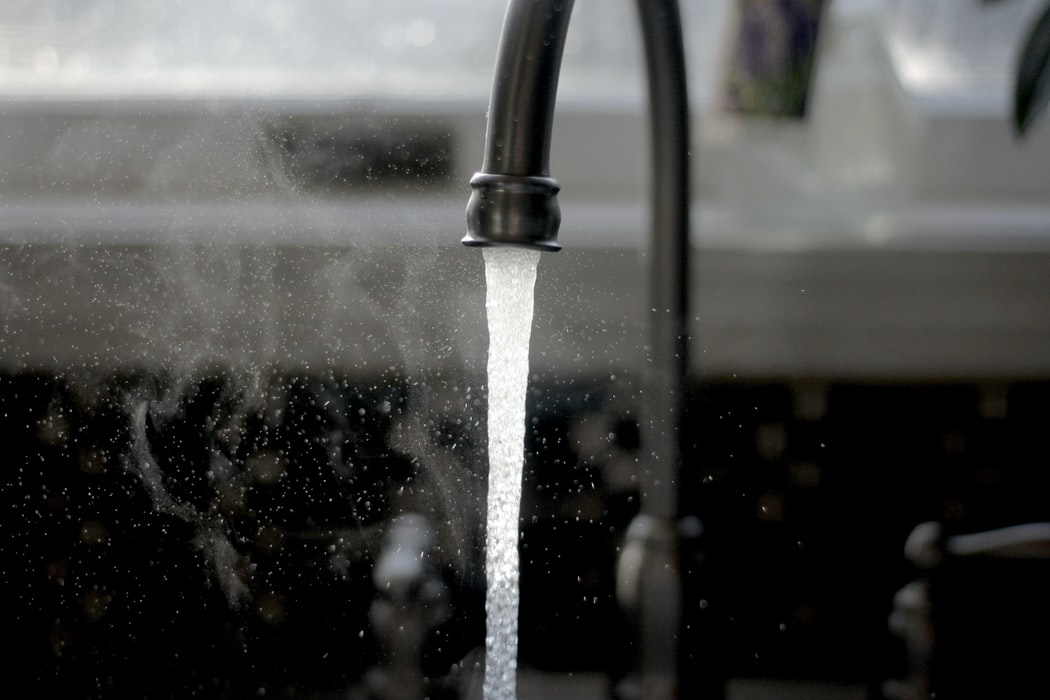-
Your trusted market research partner
- info@theindiawatch.com
- 8076704267

Has the time for Desal Water come to India?
The Indian Desalination market is expected to grow at a competitive pace, as the country will try to harness its 7500 KM long coastline to manage its water requirements. Besides, water-intensive industries such as power generation, metallurgy, oil & natural gas, food technology, etc. desalinated or desal water are also used for municipal requirements. Already in coastal states such as Gujrat, Tamil Nadu, Andhra Pradesh, etc., desalination business is picking up.
Desal is a USD 32 billion industry globally and is actively used in the water scare regions of the world such as Gulf countries and the wider Middle Eastern region. The Middle East region accounts for around a quarter of the total global market.
In India also it is becoming popular. Membrane processes such as Reverse Osmosis (alongside forwarding Osmosis and Electrodialysis) are popular tools for desalination in India. Besides, thermal processes such as vapor compression, multi-effect distillation, and multi-stage flash are also gradually gaining ground.
However, the former is generally cheaper and more popular. In processes such as Reverse Osmosis (RO), the price of water amounts to INR 40 (USD 0.55)/ KL. In thermal-based models, unless, cheaper steam is not available, the prices (OPEX) are many times higher.
Current Capacity
The current capacity of Desal in Indian is roughly 1250 MLD (including under-construction projects) which amounts to a market value of around USD 1.26 billion. This is relatively small when compared to the global market that is pegged at around USD 32 billion.
However, like other parts of the world Desal has proved to bridge the water shortage gap. At the onset of the previous decade, the surface and underground water output in the city of Chennai was 985 MLD. In contrast, the daily requirement was to tune to 1200 MLD. To match the requirement, the first desal plant in India was established in Minjur, Chennai with a capacity of 100 MLD. Later on, another plant was made operational in Nemmeli with a capacity of 93 MLD. 3rd plant is also under construction in the city with an operational capacity of 150 MLD.
Reliance has installed a Desal capacity of 160 MLD in Gujarat. The state will continue to rely on desalination as a part of its long-term water management strategy to plug in the industrial needs. Recently, the state has announced around 8 plants with a cumulative capacity of 370 MLD.
Growth Drivers of the Desalination in India
- Following fast-paced economic growth, India witnessed rapid urbanization in recent decades that has also strained existing water supplies. This led urban development bodies to rethink that water procurement strategy and think beyond conventional mechanisms. In coastal areas, Desal can be a possible solution to address the water crisis.
- Desal is a capital-intensive process. However, newer technologies and R&Ds can result in the reduction of CAPEX & OPEX, which should help in its further adoption.
- Besides domestic usages, industries such as power, refineries, cement, and metallurgy, etc. will continue to invest in Desal based solutions to ensure seamless water supplies.
- States such as Tamil Nadu & Gujarat have taken the lead in setting up and expanding their Desal capabilities. Other states such as Karnataka, Rajasthan, Pondicherry, and Maharashtra have also set-up small-scale plants to treat sea & brackish water, which is a pointer in a positive direction.
- India's vast coastline and seawater resources will continue to make Desal a prudent alternative to address water shortage challenges.
Tail Winds for DESAL Industry
- The cost of water procured from Desal is roughly in the range of INR 40-60/ KL, which makes it an expensive proposition to explore.
- In RO-based systems, the energy cost comes to around 26%, which is a major cost component. (other tentative cost includes: RO system construction €“ 31%, entrance & discharge- 11%, pre-treatment- 12%). Higher energy costs result in rising water prices.
- The energy consumption is roughly in the range of 3-3.5 KWH/ KL. Despite attempts to reduce energy consumptions, it has remained unchanged. (However, at an energy consumption of 2.2 KWH/ KL, other waste waters can be processed to produce consumable water resources. This can offer an alternative stream build complementary capabilities by also processing wastewater through RO systems.
- A possible solution to address energy costs is to devise alternative energy mechanisms such as solar and wind energy. However, so far such mechanisms are restricted to small scale production (5-20 MLDs)
- So far, most of the water desalination projects are based on the PPP model with limited scope for the pay per usage model.
